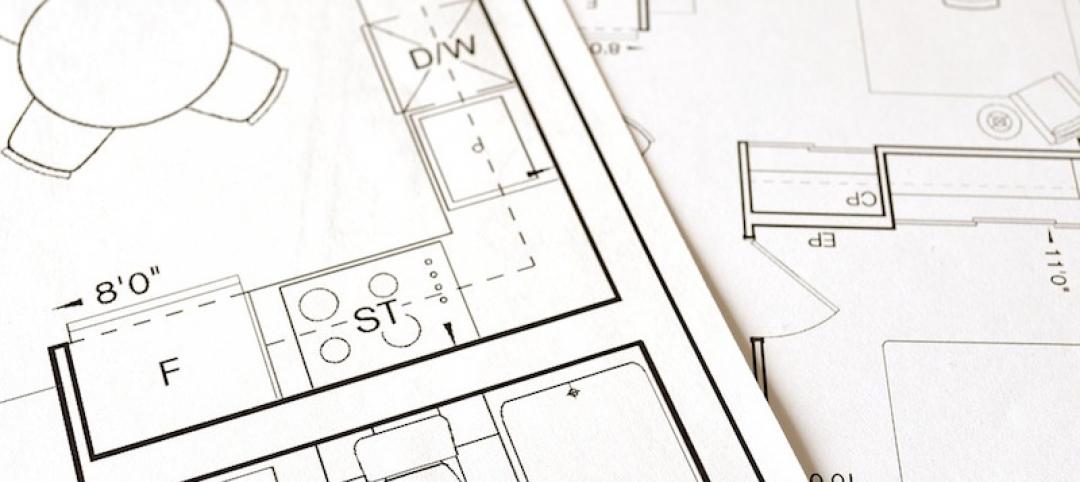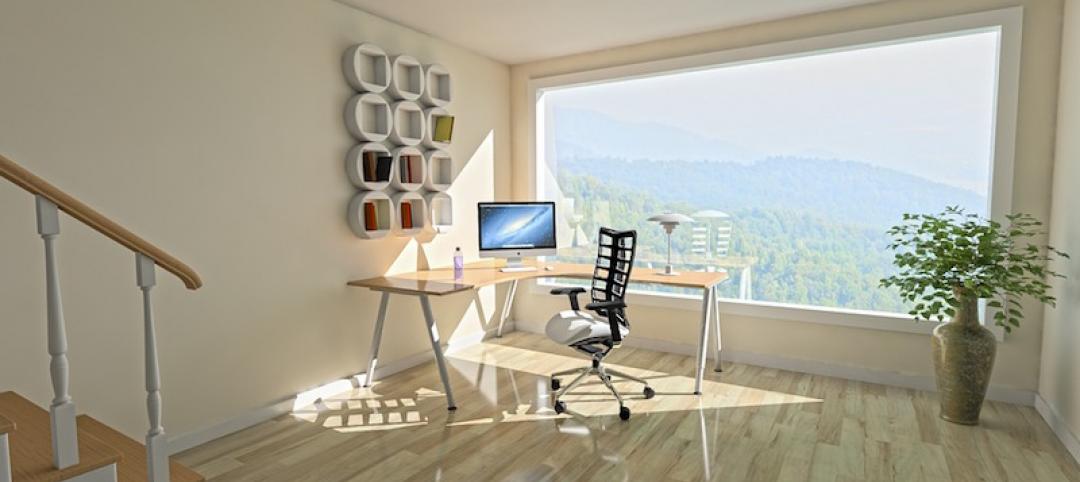The American Institute of Steel Construction has released updated environmental product declarations (EPDs) “to help designers and building owners design more environmentally friendly buildings and bridges,” according to an AISC news release.
The organization develops industry-average environmental product declarations (EPDs) for three products: fabricated hot-rolled structural sections, fabricated steel plate, and fabricated hollow structural sections (HSS)—the latter developed with the Steel Tube Institute. “These documents are designed to facilitate an accurate, apples-to-apples comparison of the structural materials on the market today,” the release says. These documents are updated every five years.
“Many people associate steel with old smokestacks and air pollution, but structural steel is now the premier green building material,” said AISC President Charles J. Carter, SE, PE, PhD. “Over the past three decades, the steel industry has reduced greenhouse gas and overall emissions by 36%. And the American structural steel industry is leading the way to a greener future with a carbon footprint nearly half the world average. By comparison, Chinese structural steel has three times the global warming potential of domestic steel.”
Many rating systems (LEED V4), standards (ASHRAE 189.1), green building codes (IgCC), and specific customers require the submission of environmental product declarations (EPDs) for products delivered to the project site. These EPD life-cycle assessments provide information on environmental impacts related to the manufacture of the product, including global warming potential, ozone depletion, acidification, eutrophication, and ozone creation.
AISC works with its mill members to develop industry average EPDs for structural steel produced in the United States. In addition to quantifying the impacts of the mill processes, the EPD work quantifies the industry average per ton environmental impacts of the fabrication process.
Related Stories
Codes and Standards | Nov 15, 2017
NBI stretch code a tool for accelerating efficiency standards
It provides a strategy to leapfrog minimum code requirements.
Codes and Standards | Nov 14, 2017
California bill would require purchase of low-carbon construction products
Contractors would have to source products based on greenhouse gas impact, not price, on state projects.
Codes and Standards | Nov 13, 2017
New AIA contract document for facility support services released
Updated form intended to be used with owner-architect agreements.
Codes and Standards | Nov 9, 2017
NIBS, NBI issue guidance document to help communities achieve energy goals
Outcome-based codes compliance path looks at building’s actual performance.
Codes and Standards | Nov 7, 2017
Underwriters Laboratories launches wellness certification
First certification program that verifies products’ compliance with the WELL Building Standard.
Codes and Standards | Nov 6, 2017
Registration now open for Canada’s first Zero Carbon Building (ZCB) program
Standard is designed to be applicable across many types of new and existing buildings.
Codes and Standards | Nov 6, 2017
AIA releases new architect commissioning document
It will be used with the standard form for owner/consultant contracts.
Codes and Standards | Nov 2, 2017
ASHRAE releases new version of Thermal Comfort Standard
Update includes calculations from direct solar radiation.
Codes and Standards | Nov 1, 2017
Drone users can now get instant authorization from FAA
Skyward offers app to receive permission for low altitude flights.
Codes and Standards | Oct 31, 2017
Real estate giant launches global tenant health and wellness certification initiative
Tishman Speyer will use Fitwel health certification system to guide building improvements.















